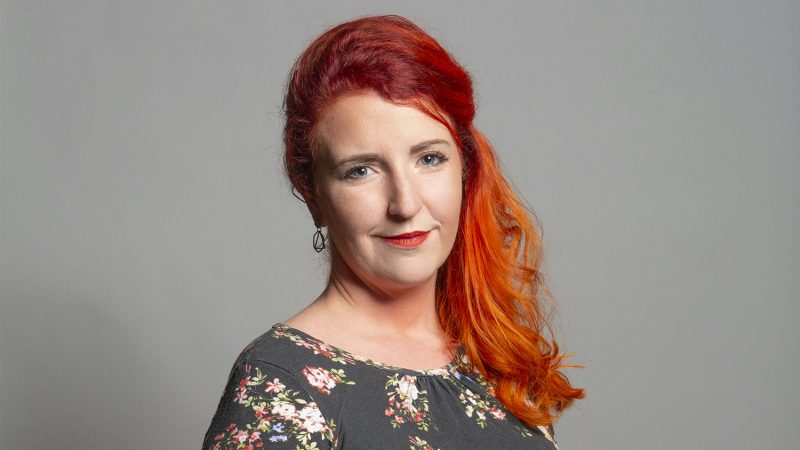
When we think of Labour’s achievements in power, we think of the National Health Service, the Open University, the national minimum wage, and we think too of the extraordinary achievement that was the Belfast/Good Friday Agreement.
The bravery and courage of the people and communities of Northern Ireland made peace happen. But it has a special place in our history as a party, and we are proud of the role Labour in government played, and proud of the lives that were changed after decades of conflict.
An entire generation are now growing up – and having children of their own – having known only peace. That was the precious prize of the Good Friday Agreement, which remains as significant today as it ever has.
It was a story of communities coming together around core principles: respect for human rights, equality, inclusion, cooperation. It was, as the great John Hume said, an acknowledgement that respect for difference was the first and deepest principle of peace. These are values we cherish, and lessons we must continue to learn from. They show what we can achieve when we come together in the interest of all our communities, rather than focus on what divides us.
That’s why the Good Friday Agreement is close to the hearts of all of us in Labour. But its place in our current political debate is very often not well understood. So often, people tell me that they wish they knew more, so they can contribute to that debate and help safeguard the precious peace.
That’s why today I am proud to launch the Good Friday Agreement education programme, a unique programme for Labour members that tells the story of peace, drawing out elements that are not often told like the amazing women and trade unionists who helped secure it, what it means to a new generation in Northern Ireland, and why the work to deliver on its promise goes on.
We have worked with Professor Jon Tonge from the University of Liverpool, the Labour Party Irish Society and people across our labour movement to deliver this inclusive programme. In the run-up to the 23rd anniversary of the agreement in April, members can get involved through a series of webinars where some of the key actors from the negotiations will tell the story. We will hear from voices like Monica McWilliams of the Women’s Coalition – one of the first women signatories to an international peace treaty – on how she worked alongside Mo Mowlam in the fraught days leading up to peace.
Labour heroes like Mo Mowlam understood that it wasn’t just words on a page, and it wasn’t solely through signatures on a paper, that peace was achieved. It was a shared desire to build a fairer future in communities across these islands.
The signing of the agreement was only the beginning. There is still so much work to do on building the better, shared future that so many dreamt of in the dark days of conflict. From delivering a Bill of Rights, to dealing with Legacy of the Past, to promoting Integrated Education and Housing – none of this can be achieved without the trust and agreement of all communities in Northern Ireland and we have our role to play in helping deliver them.
But we know the Conservative government has overlooked and at times been reckless with the agreement, which so many took incredible risks to deliver. This vacuum of leadership has held back progress and drained trust.
It is the responsibility of all of us in Labour to understand the agreement, how it must be protected and what still remains to be done to fulfil the promise of peace for the people of Northern Ireland. That’s why I hope you will join me and those across our movement over the coming months.




More from LabourList
‘I spent years telling workers the law couldn’t help them – that has changed’
Josh Simons resigns as Cabinet Office minister amid investigation
‘After years of cuts, Labour’s local government settlement begins to put things right’